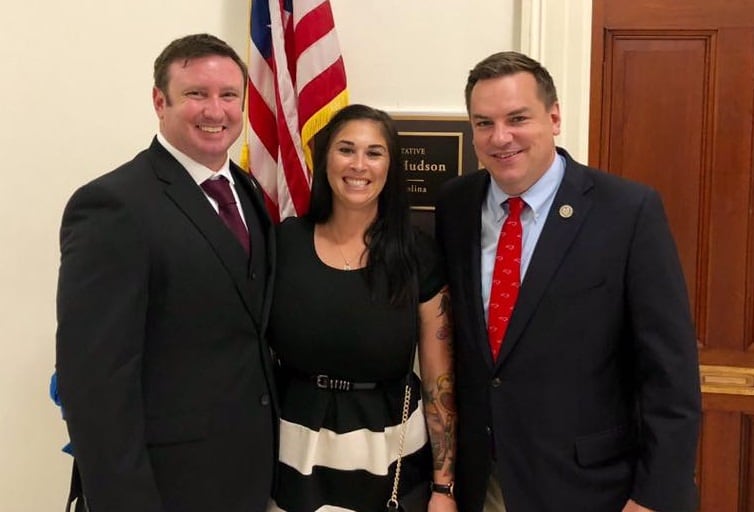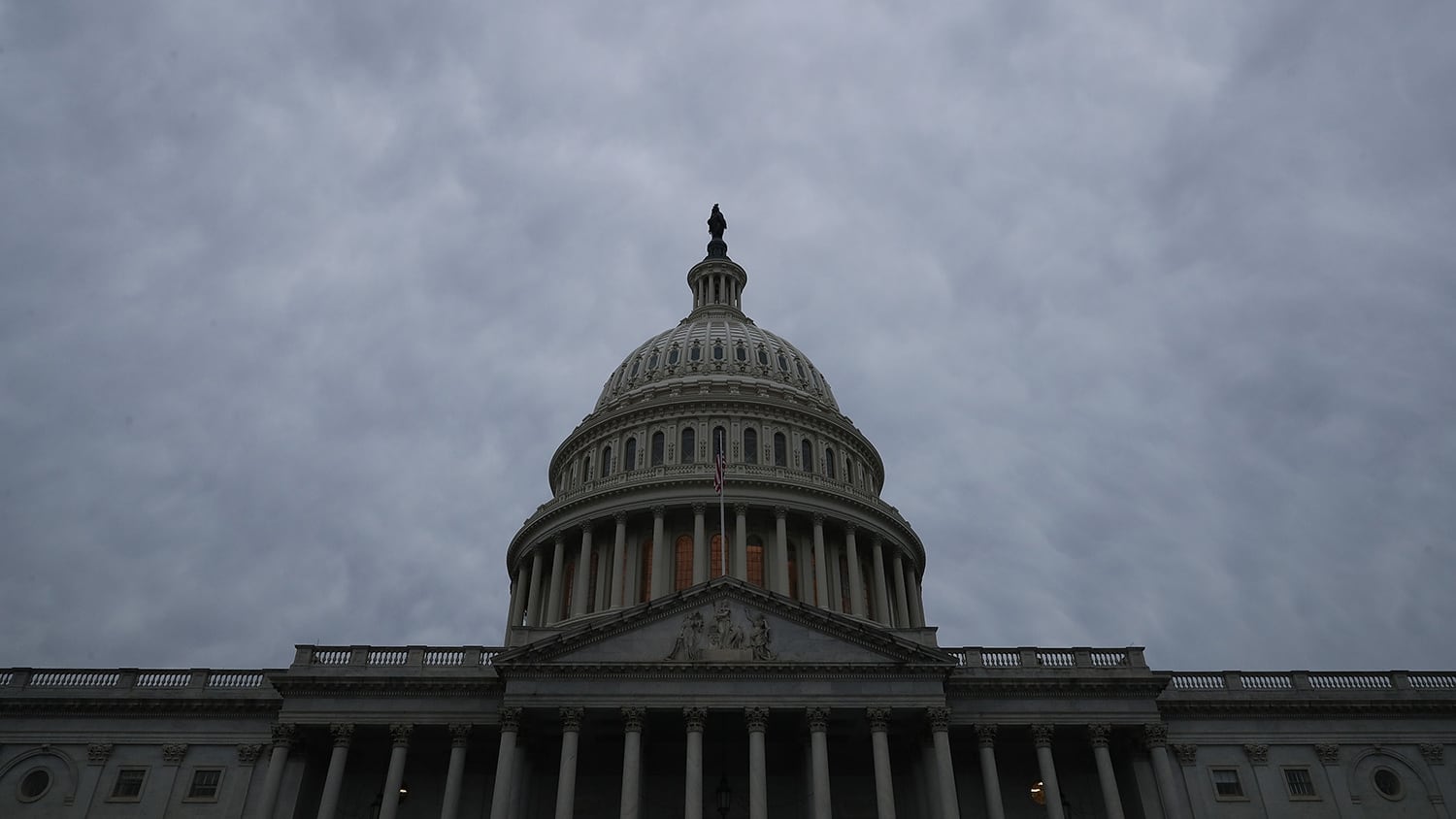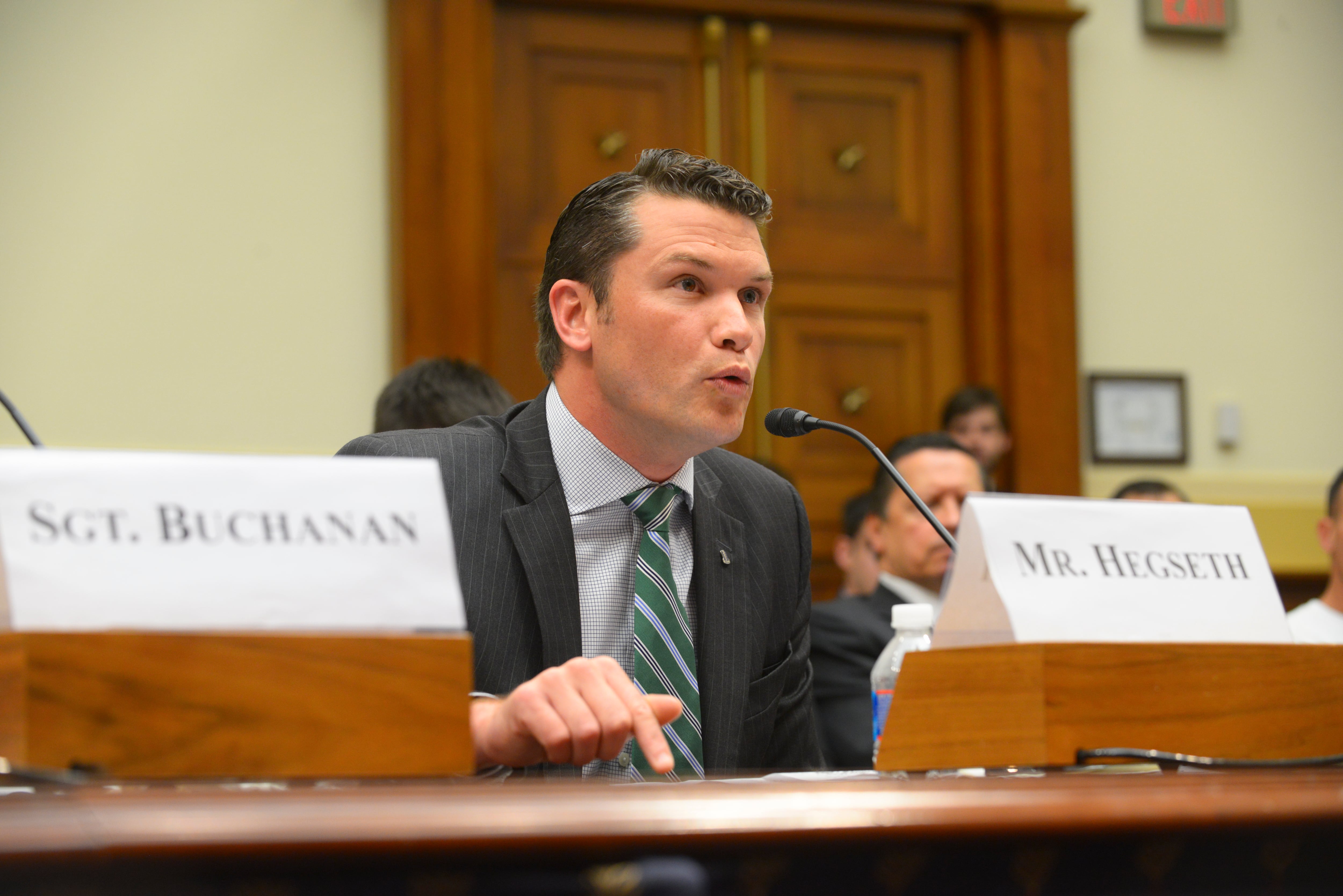Defense Department officials could offer payouts to the victims of military medical malpractice cases under a provision inserted in the annual defense authorization bill compromise released late Monday night.
The move would not overturn the controversial legal precedent known as the Feres Doctrine, a 1950s Supreme Court decision cited repeatedly by lower courts to block troops from seeking damages for war-related injuries or on-duty accidents.
But the provision, expected to become law when the authorization bill is adopted by both chambers in coming days, would for the first time attempt to redress what outside advocates have labeled a grave injustice for suffering military families.
RELATED

In the legislation, lawmakers noted that although the move “does not change or repeal the Feres doctrine, it authorizes the Secretary of Defense to allow, settle, and pay an administrative claim against the United States for personal injury or death … that was the result of medical malpractice caused by a Department of Defense health care provider.”
Defense Department officials have long resisted any change in the Feres Doctrine standard, arguing that on-duty military deaths are already compensated through military death gratuities. Allowing families to sue for extra damages, they argued, would create a different value system for different service members’ deaths.
They also expressed concerns that any change could allow frivolous lawsuits or legal second-guessing of some battlefield decisions.
But House lawmakers had included a full Feres repeal in their draft of the legislation earlier this summer. Senate lawmakers opposed the idea, and Senate Judiciary Committee Chairman Lindsey Graham, R-S.C., had refused to waive his committee’s jurisdiction on the issue to allow it in the final compromise bill.
Instead, the legislation now includes the new military claims settlement process. Most claims would be limited to under $100,000, although the secretary could authorize larger payouts in some circumstances.
All claims would have to be filed within two years of the incident, and payouts would not cover the costs of attorney’s fees or future loss of income.
RELATED

Exactly how the secretary would determine which claims would be grants remains unclear. The legislation does specify that any claim awarded “is not allowed to be settled and paid under any other provision of law.”
Defense officials will also provide annual reports to Congress on the payouts for the next five years.
House lawmakers are expected to vote on the $738 billion defense authorization bill measure on Wednesday, and the Senate early next week. The legislation has passed Congress for each of the last 58 years.
Leo covers Congress, Veterans Affairs and the White House for Military Times. He has covered Washington, D.C. since 2004, focusing on military personnel and veterans policies. His work has earned numerous honors, including a 2009 Polk award, a 2010 National Headliner Award, the IAVA Leadership in Journalism award and the VFW News Media award.





